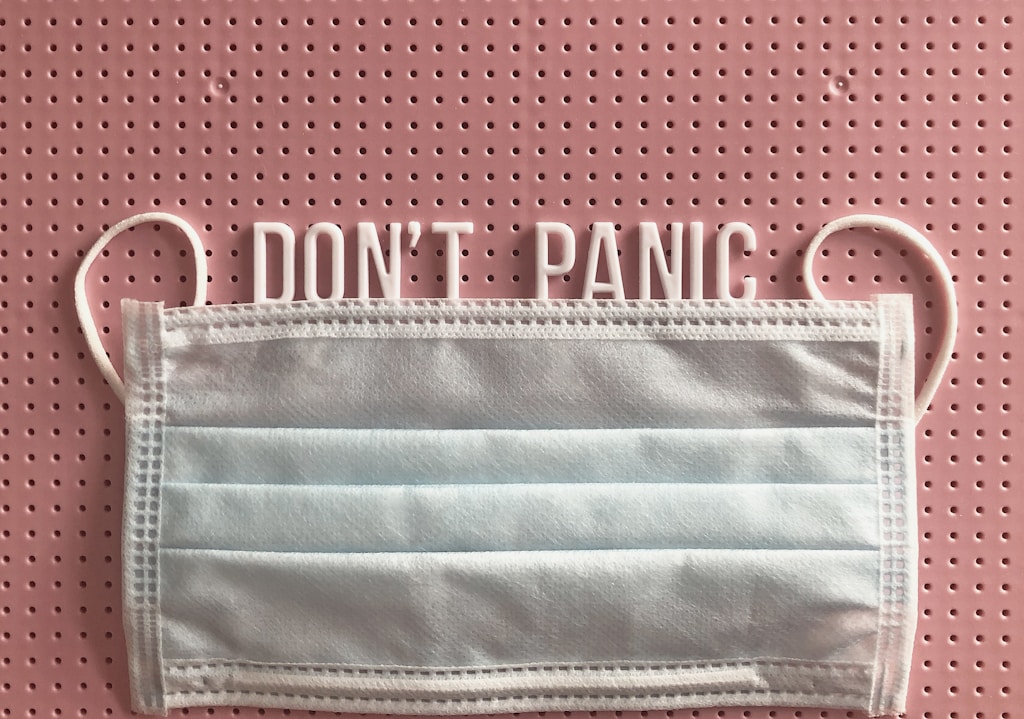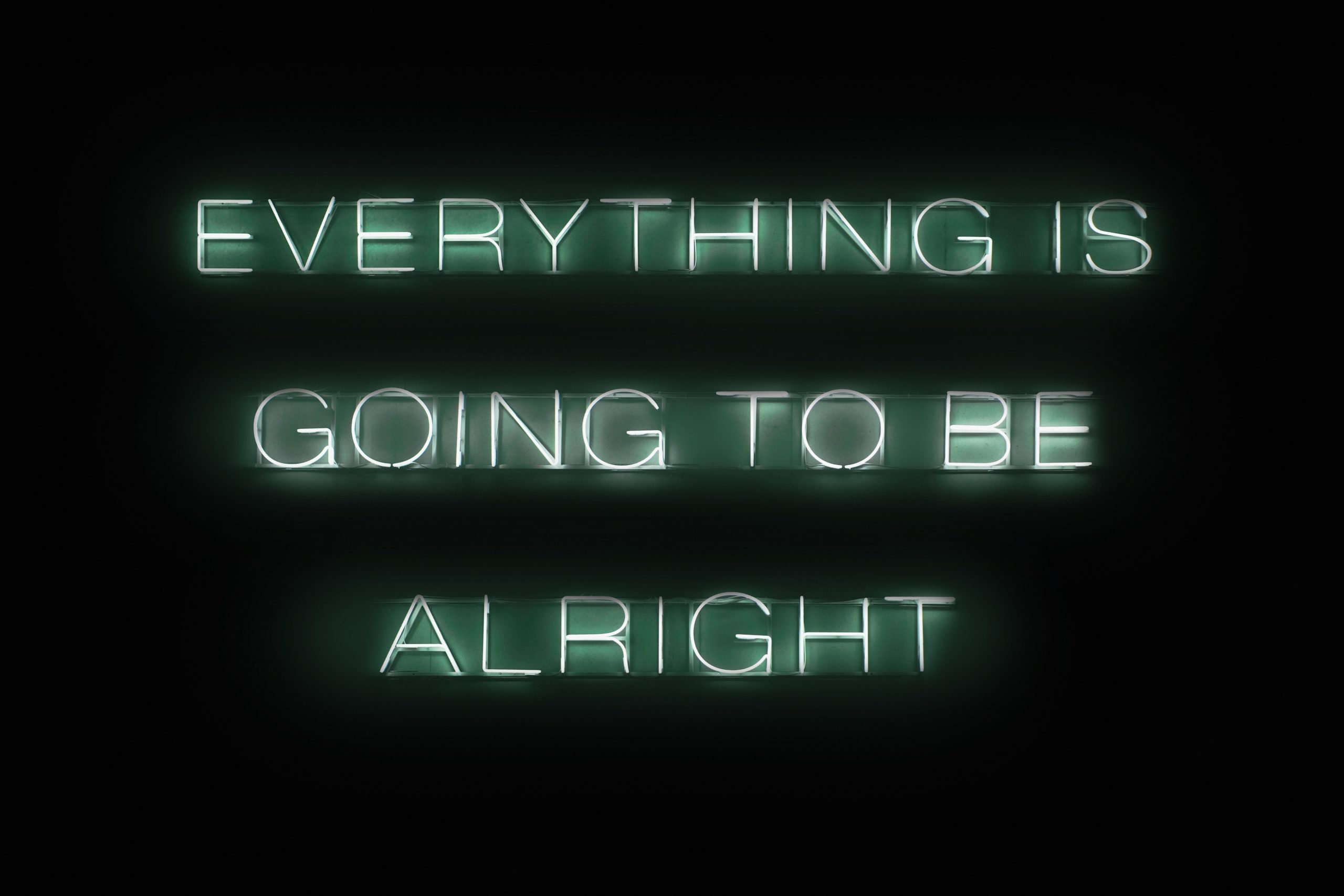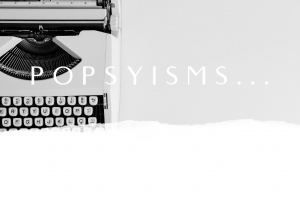The Anatomy of Fear
I am scared. I am scared. I am scared.
I am scared to leave my bed.
I am scared to leave my house.
I am scared to run the simplest of errands for fear of exposing myself to this virus that continues to baffle the science and medical community.
I am scared, and I am scared all the time.
I wrote these words at the height of my state’s lockdown, when all but essential businesses were shut down state-wide, and people were dying at an alarming speed from a virus that doctors and scientists still didn’t quite understand.
This last year for me, more so than any other, has been one colored with pure, unadulterated fear. Fear of the present. Fear of the future. Fear of the very real crisis that our country is in, and not just the public health one. At times, I have found myself literally afraid of everything to the point of being paralyzed.
And I know I’m not alone. A Washington Post article posted in late May reported that one-third of Americans showed signs of clinical anxiety or depression due to the pandemic.
Dr. Alauna Curry, a trauma psychiatrist based in Houston, Texas, defines fear as the physical sensation that we experience when faced with something potentially dangerous, unpredictable, and/or unknown. This sensation can lead to physical reactions such as an elevated heart rate, faster breathing, and flooding the body with cortisol, the body’s main stress hormone. And while we all know how scary it can feel to be, well, scared, Dr. Alauna cautions that living without fear should never be the goal.
“We can’t live life completely without fear or pain or trauma. Being psychologically resilient means being emotionally competent. And that means embracing painful emotions and joyful emotions and not trying to get rid of them but trying to understand them,” she says as we chat for more than an hour about fear and how it affects us emotionally and physically.

Instead of ignoring fear, Dr. Alauna encourages her clients to face them head on. “What fear and emotions are really designed to do is bring your attention to something,” she explains. “To pull your mind towards it so you can be like, ‘What’s going on here? I need to think about this some more so I can understand it and dissect it.”
To that end, she suggests that we slow down and take stock of our fear. Since fear is often driven by past traumas, we need to determine whether the terror we’re feeling is due to actual trauma or a perceived one. A simple exercise to help with this is to write down our fears to both recognize what they are and to begin identifying solutions. To take this exercise a step further, she counsels that clients then write down everything that counters all the negative thoughts with actions they can take to positively affect the outcome.
“Most of the things that we do when we’re anxious or fearful don’t move us forward. They keep us stuck psychologically,” Dr. Alauna explains. So, getting unstuck in the panic that overtakes us when we encounter situations that trigger these feelings is important. And understanding that while our feelings about the situation are not to be dismissed, it’s just as important, if not critical, to learn how to shift our focus to the measures we can take to create the outcomes that we want.
The key is to focus on things within our control, whatever those things may be.
For me, that has meant engaging in a lot of self-care to both calm my worried mind and prioritize my health. Virtual meditation classes, YouTube yoga sessions, quiet afternoons spent reading in my backyard, and frequent sun-lit walks through my neighborhood have helped still my nerves and reminded me that while the world feels incredibly upside-down right now, it doesn’t mean that I have to be.
Surprisingly, what’s helped me the most during this time has been actually giving in to my fear, instead of trying to suppress, ignore, or even overcome it. Dr. Alauna confirms that this is actually a good thing. “Some fear is healthy. It’s biological programming.”
So, instead of resolving to live with less fear during this time, I’ve decided to simply become more comfortable with its presence in my life. I gently remind myself that I have a choice – allow fear to consume me or acknowledge it, treat it with the compassion that it deserves, and then resolve to move forward, in spite of my fear.
Fear. Maybe it’s not such a scary thing after all.
Related Posts…








